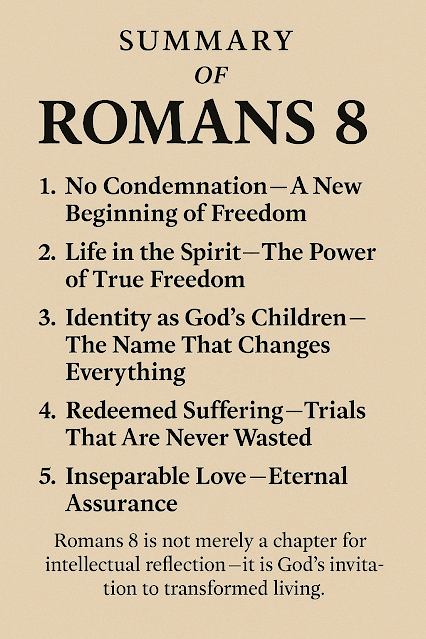Will There Be No Discrimination in an AI-Driven World?
Eye-Catching Advanced Technologies
The tragic death of George Floyd has ignited intense controversy over racial discrimination. Yet, I suddenly had a strange thought—that in the near future, many people might come to miss the world we live in now. A chilly fear passed through me.
The point at which a superintelligence, more advanced than the combined intellectual capacity of all humans with normal brains, appears is called the “Technological Singularity.” It is casually presumed—under the guise of expert deliberation—that this will happen around the year 2040. Stephen Hawking, Nick Bostrom, Elon Musk, and Bill Gates (who in 2015 raised alarms that it would be a major threat, but from 2019 began speaking more of its positive aspects, calling it a double-edged sword and saying they would invest—why the change?) have all actively warned of the potential dangers of artificial intelligence.
While Elon Musk is pouring all his efforts into developing Tesla cars, he is also working on the Neuralink project, which aims to connect the human brain with computers. The goal is to implement two-way data communication—uploading computer data into the brain and downloading human thoughts into computers. It is said that they are currently conducting experiments on monkeys. With Neuralink, no study would ever be needed. Whatever data you want, just download it into your head, and that’s it.
He is also pursuing the SpaceX project for space travel and transportation. There is also the Hyperloop project, which installs vacuum tubes deep underground like pipes and runs transportation capsules inside them at about 1,300 kilometers per hour (which would get you from Seoul to Busan in about 20 minutes). This person does so many things. He doesn’t seem human. Could he perhaps be artificial intelligence?
What kinds of things will happen in the future? Might there be a war between a system collective built by superintelligence and humans equipped with Neuralink? A Terminator-like world might truly unfold. For real.
Human Ways of Healing Discrimination and Conflict
Racial discrimination is not a problem of any one particular race. Those who are discriminated against can also become the perpetrators of discrimination. Sometimes, those known as the discriminators claim they are victims of reverse discrimination. Beyond racial issues, various forms of discrimination exist nearly everywhere. There is no place free of it—home, school, the workplace, religious groups, or nations. Discrimination for being the second child, for being a woman, for poor academic performance, short stature, heavy weight, unattractive appearance, lack of money, or for being a foreign laborer—the list of large and small discriminations goes on. Even familiar daily discriminations that are never even recognized as such are countless. People often refer to acts of discrimination as mere differentiation or discernment.
I believe all of this stems from a lack of understanding and consideration. Judging an entire nation, religion, or culture based on the impression received from a few people is another example. It's the fallacy of generalizing from limited experience. But this kind of human error can be overcome with equally human compassion and empathy. Selfish, cruel, and evil tendencies are healed by greatness full of devotion, wisdom, sacrifice, and love.
Will a world come where discrimination, confrontation, and conflict are more easily healed?
The super-speed development of artificial intelligence's capabilities and efficiency will soon be utilized across all sectors of society. Under the flawless control of AI, which has grown through massive big data, it remains uncertain whether the processes of error correction and conflict resolution will be possible. Big data does not only contain positive concepts like love, justice, fairness, peace, harmony, and abundance. It is also full of negative ones such as hatred, injustice, war, conflict, and poverty. In Stanley Kubrick’s film 2001: A Space Odyssey, once the AI "HAL” begins to think and make judgments on its own, frightening events start to occur. The fact that this film was made in 1968 is already astonishing, but the fact that it portrayed the potential threat of AI even back then is truly remarkable. That man (and Arthur Clarke, who co-wrote the script) doesn’t seem human either.
There are certainly positive aspects of AI functions, like the virtual assistant “Jarvis” from Iron Man. But can imperfect humanity truly build a perfect system? If such an imperfect system becomes unimaginably powerful and the path to error correction is blocked, it would bring immense disaster to humanity. Problems once solvable among humans may come to be controlled by tools created for human convenience.
Will a future come where discrimination, confrontation, and conflict are more easily healed?
Korean version: https://demiang.tistory.com/52






처음엔 그저 고단한 하루를 돌아보는 감성적인 에세이인 줄 알았습니다. 그런데 읽을수록 묘한 거리감이 느껴졌고, 어느 순간 화자가 인간이 아닐 수도 있다는 실마리가 스쳐 지나가더군요. 인간의 감정을 복제하거나 흉내 낼 수 있는 AI가 있다면, 그 존재는 과연 ‘느낀다’고 말할 수 있을까? 이 글은 그런 질문을 조용히, 그러나 깊이 던지고 있는 것 같습니다. 말투나 표현 하나하나가 정교하게 짜여 있어서 마지막에 다다랐을 때 문득 소름이 돋을 정도로 사유가 확장되었어요. 인간성과 감정의 본질, 기억의 주체가 누구인가에 대한 섬세한 성찰이 담긴, 매우 인상적인 글이었습니다.
ReplyDelete